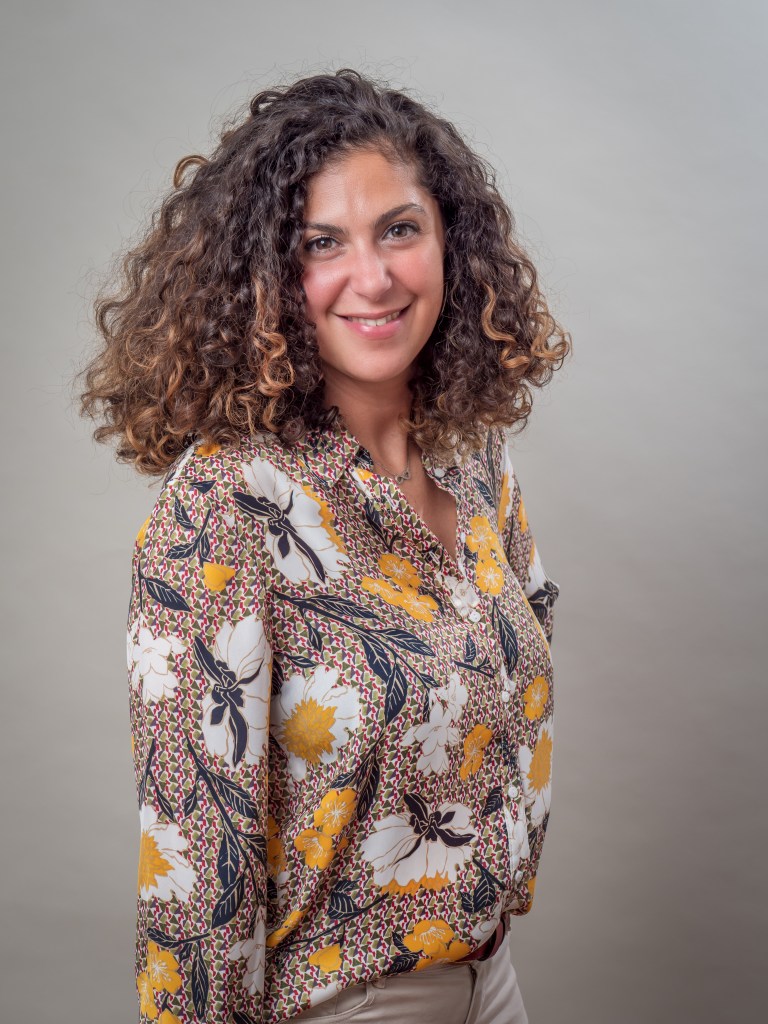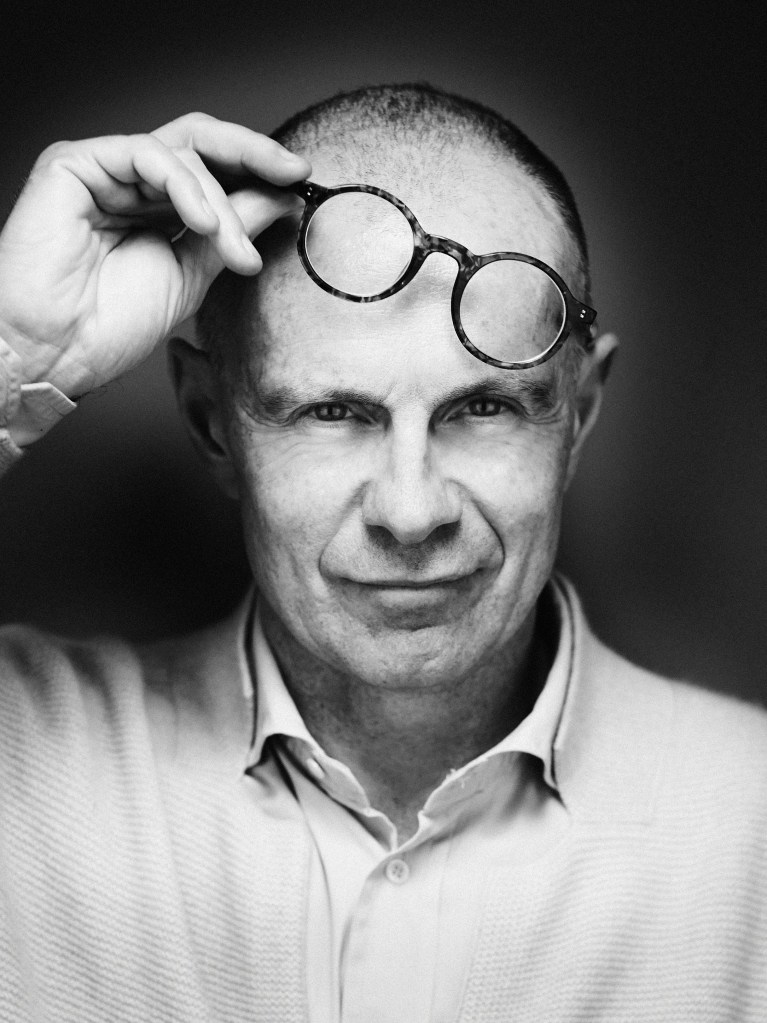For inclusive workplaces
When we talk about inclusive workplace, what are we talking about?
Maya Hagège: Inclusion is a culture that ensures that every employee feels treated with respect and fairness, valued as a unique individual, feels part of the organisation, and has the legitimacy and power to express their ideas and collaborate with others. Inclusion is a process that is carried out in parallel with the implementation of non-discrimination and diversity policies. To put it simply, you can’t “do inclusion” if you continue to discriminate. Non-discrimination, by avoiding unjustified differences in treatment, is a vehicle for inclusion.
Professor Giulio Ceppi: An inclusion policy makes it possible to establish an inclusive corporate culture, i.e. one based on valuing individual differences. Implementing diversity and inclusion policies in companies fosters a feeling of belonging to the company. It is therefore a real strategic performance asset for organisations.
How would you define an inclusive office?
Professor Giulio Ceppi: An inclusive office takes into account the diversity of employees’ needs and preferences. It does not separate employees, it does not draw attention to them, it does not stigmatise anyone, creating a serene working environment and, as a result, a more innovative and productive organisation. Designing an inclusive workplace means not only focusing on physical and cultural differences, but also on different working styles and needs in terms of the use of space, design, furniture, and the activities and services offered in the office.
An inclusive office takes into account the diversity of employees within the company as well as the reality of the situations of all the people who make up the work group.
Maya Hagège
General Delegate of the French Association of Diversity Managers

How long have companies been involved in this issue?
Maya Hagège: The issue of inclusive offices is fairly recent in France. For the most part, diversity and inclusion have remained subjects linked to human resources and/or CSR and have been approached through the prism of behaviour, the working environment, etc. Few companies make the link between offices and diversity and inclusion policies – beyond the challenges of adapting workstations to disabilities. This is why, until now, the subject has been approached from the angle of the inclusive environment rather than the workspace per se.
Those who have taken up the subject of inclusive offices have done so because it has a link with their business and their core activity. But there are also companies that have had to take up the subject because it has de facto become part of the business. For example, when a major company in the automotive sector had to think about inclusion in terms of its sanitary staff when women joined the workforce. Today, with the evolution of societal debates, they are thinking about adding non-binary toilets.
Professor Giulio Ceppi: We have moved from seeing diversity as a problem to be solved to seeing diversity as something that brings value to the company, not only socially but also economically.
Recruiting different people into the company is one thing, but it is necessary to know how to include them, hence the implementation of diversity and inclusion (D&I) policies or, as has been more frequently mentioned in recent years, diversity, equity and inclusion (DE&I) policies.
In Italy, this move towards more conscious and inclusive management of employees can be seen not only in multinationals – which have been working on this issue for some time and therefore have more experience – but also increasingly in SMEs.
Within companies, which players are tackling this issue?
Maya Hagège: Historically, HR followed by the communication functions, and in particular internal communication, through the implementation of awareness-raising initiatives for employees. Then, the subject emerged in the purchasing function, with in particular the question of responsible purchasing. More recently, in 2021-2022, external communication, and more specifically employer branding, put this subject on the agenda.
There are also functions that are not yet tackling the subject, but which will have to do so in the future. I’m thinking here of finance, in particular because of the European Corporate Sustainability Reporting Directive (CSRD), which sets new standards and obligations for non-financial reporting.
But I would say that, as inclusion becomes an increasingly important issue, it is bound to reach all areas of the company.
Professor Giulio Ceppi: The same dynamic can be seen in Italy. The results of the Sodalitas D&I 2023* self-assessment provide an insight into how the situation is evolving. Half of the organisations plan to include D&I-related objectives in their management appraisal, demonstrating that this issue is increasingly the responsibility of everyone in the company.
How can a real estate company help companies to design inclusive workspaces?
A real estate player such as Covivio can help companies design inclusive workspaces by focusing on three main aspects: the architecture of the spaces, the design and furnishings, and the services offered.
Giulio Ceppi
architect, designer and professor at the Polytechnic University of Milan

As far as the architecture of the spaces is concerned, the aim is to integrate the building into the urban fabric and the territory, to link it to the city. It is also a question of the permeability of spaces, the presence of services and access to outdoor green spaces.
As for design and furnishings, the focus is on furniture, which must be ergonomic and comfortable for everyone, offering the freedom to work flexibly, collaboratively or autonomously.
Finally, the service component is fundamental today. This means offering services that not only simplify employees’ daily lives but also enhance their well-being. Concierge services, fitness, food areas, parenting services, etc. are just some of the services on offer.
What results can be observed following the deployment of inclusive workplaces?
We are still in the early stages of evaluating the effects of the programmes deployed, but we are seeing an opening up of the dialogue and of the voice, particularly through an increase in the number of reports of discrimination. The AFMD will be publishing a book on the issue of evaluating D&I programmes in October.
Maya Hagège
General Delegate of the French Association of Diversity Managers

The ideal inclusive office it’s…
Professor Giulio Ceppi: The ideal inclusive office is based on the involvement of end users, whose participation in the design process is one of the most powerful tools companies have to give a voice to the community that inhabits their spaces. The co-creation of workspaces must also include the active involvement of all the project’s stakeholders from the outset.
Maya Hagège: The ideal inclusive office is not a tangible office, but one that can be taken anywhere, thanks to the development of teleworking. Because today’s office is plural and nomadic. It’s also an office that anticipates employees’ needs and supports them throughout their careers and their lives.
*The Sodalitas D&I Self-Assessment is an online tool that enables organisations that are signatories to the Italian Diversity Charter to obtain an initial measure of their D&I performance and to understand their positioning in terms of the inclusive management of their human resources. The Charter for Equal Opportunities and Equality at Work is a declaration of intent, signed voluntarily by companies of all sizes, to spread an inclusive corporate culture and human resources policies, free from discrimination and prejudice, capable of valuing talent in all its diversity.
AFMD
The AFMD is a French public-interest association founded in 2007 by managers concerned about how best to manage diversity in their workforces.
A network, a forum for exchange and a think tank, it currently brings together more than 180 organisations (companies, institutions, local authorities, associations, Grandes Ecoles and universities) committed to promoting an inclusive working environment that respects everyone.
The AFMD and its members draw on the results of scientific research and the day-to-day practice of professionals to work on a range of issues relating to the transformation of managerial functions and the prevention of discrimination in the workplace.
